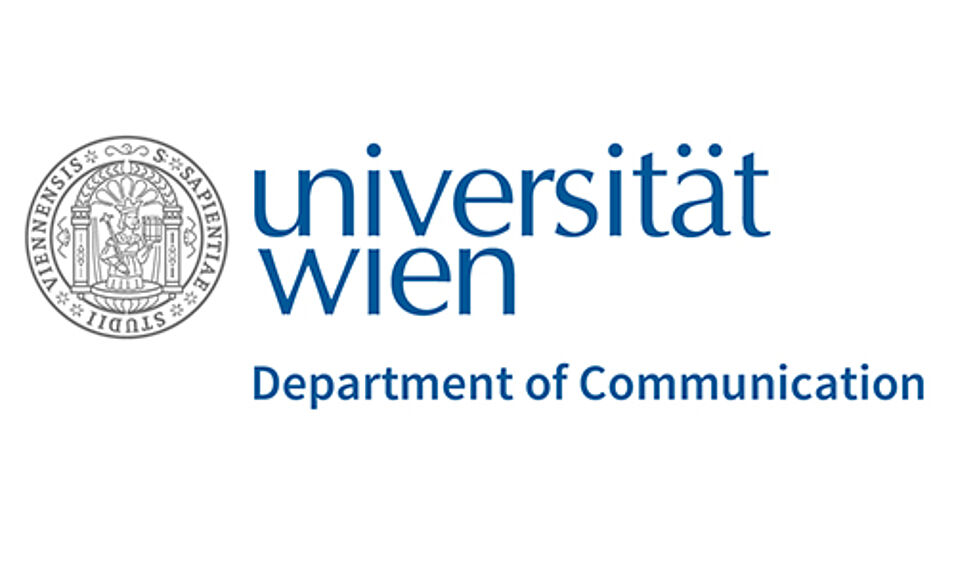For the upcoming research talk series, we have scheduled four talks in total on October 7, November 25, December 9, and January 20, 2025. To have a look at the official poster and further information on the talks as well as a short abstract, please check here.
The research talk series is open to the public as well. If you have any further organizational questions, please contact Dana Grohs (✉ dana.grohs@univie.ac.at).
October 7 2024 • 11:30-12:30 CET, SR 4, Währinger Straße 29
Joe Bayer (School of Communication, Ohio State University, USA)
Title: Tracking smartphone habits through space and time: Recent findings and future directions
November 25, 2024 • 11:30-12:30 CET, SR 4, Währinger Straße 29
Alexander Schouten (Tilburg University, Niederlande)
Title: Influencing for the better? Social media influencers and health communication
December 9, 2024 • 11:30-12:30 CET, SR 4, Währinger Straße 29
Claes de Vreese (University of Amsterdam, Niederlande)
Title: How (Generative) AI challenges democracy: Taking stock at the end of the 2024 super election year
January 20, 2025 • 11:30-12:30 CET, SR 4, Währinger Straße 29
Claudia Wilhelm • Anne Reinhardt • Sophie Mayen (University of Vienna)
Title: Investigating youth digital media use: Between displacement, well-being, and school performance

